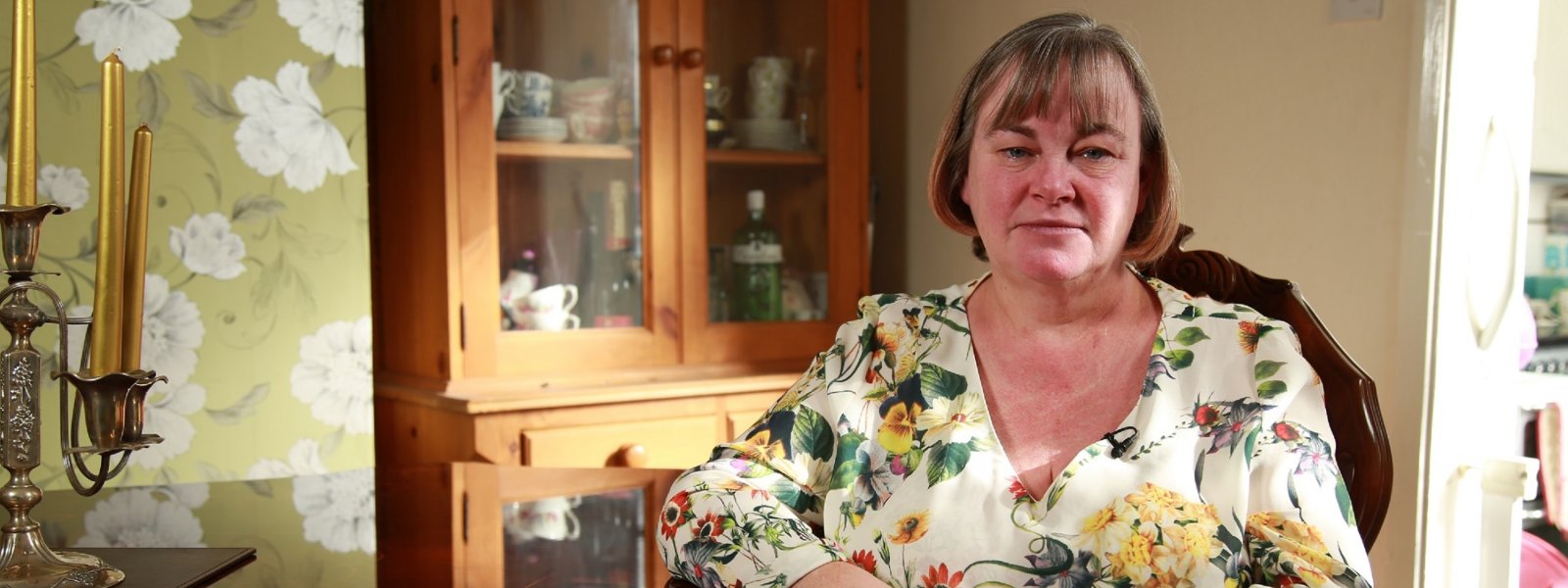Jayne’s story
Jayne Venables left work at her family’s firm as soon as she got her diagnosis of PH.
“When I started to become ill, I was employed as office manager, luckily at my family’s property maintenance company. They were obviously aware that I wasn’t well, especially with my breathing. I would arrive at work extremely breathless and eventually other tasks became more difficult. I worked until the day I had my provisional diagnosis, when I was admitted into hospital.
I never went back to work; the job was a full-time role and even part-time wasn’t an option [for my health].
I received full pay in the form of sick pay from work for 28 weeks, before transferring to statutory sick pay.
This was obviously a cut in income and to compound issues, my husband had been taking a combination of annual leave and sick leave from his employers to look after me, and also to look after the children who were still at primary school at that time. I was diagnosed in May 2014 and by August 2014 they had sacked him.
The union were involved, and he received an apology and was reinstated – however this was on the basis that he would not take any further leave to look after me. He had to refuse, and at this point we went from having a dual income to none.
I had a couple of pensions that I managed to take early, at 45. These were at a lower rate, obviously, than they would have been if they had been able to run to full term.
To be honest, giving up work was a relief. It had been very difficult and was only getting worse. I would like to find some sort of work now, mainly to keep my brain ticking over, but it would be very difficult.
Firstly, with PAH you never know if you’re going to have a good day or one that you need to be in bed for– basically, you’re unreliable to an employer. Equally, I have to take into account that any income I receive has to be declared to the Department of Work and Pensions. I’m still on old-style Employment and Support Allowance (ESA) and unable to do any work, including permitted. My husband would also have to declare any income due to his Carers Allowance.
Personally, I don’t like saying that I’m medically retired. I prefer to say that I took early retirement, at 45.
For those considering it, see if your employers will consider part-time, but with the proviso that considerations need to be made – for example, you will very likely need to have regular time off, either sick or attending appointments. Explore the possibility of taking any pensions early but look into this fully with specialist advice.
At the end of the day though, guilt should not make a sick person stay in work. You only have one life.”
















